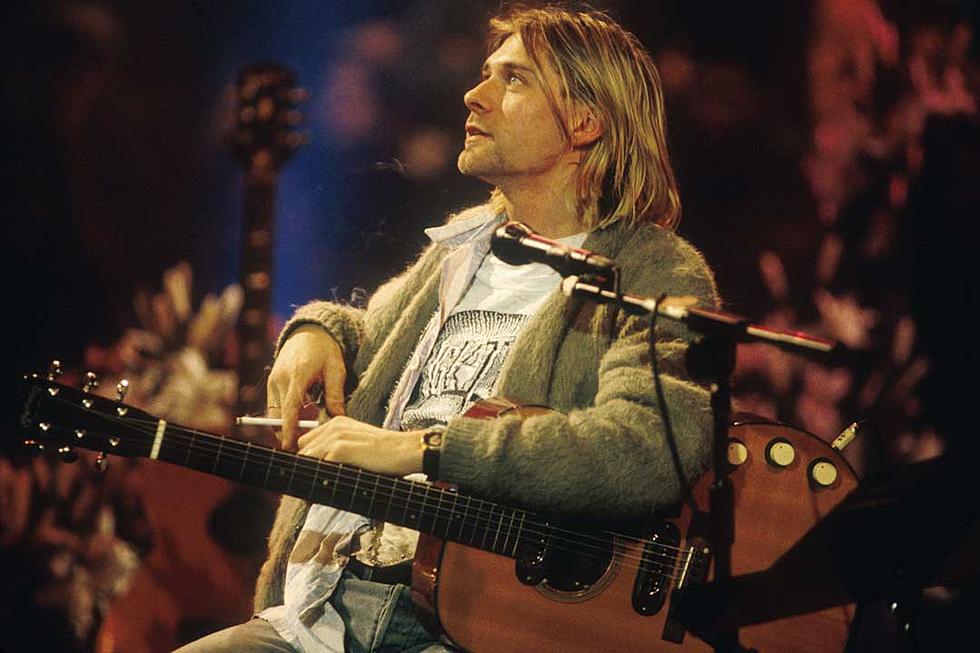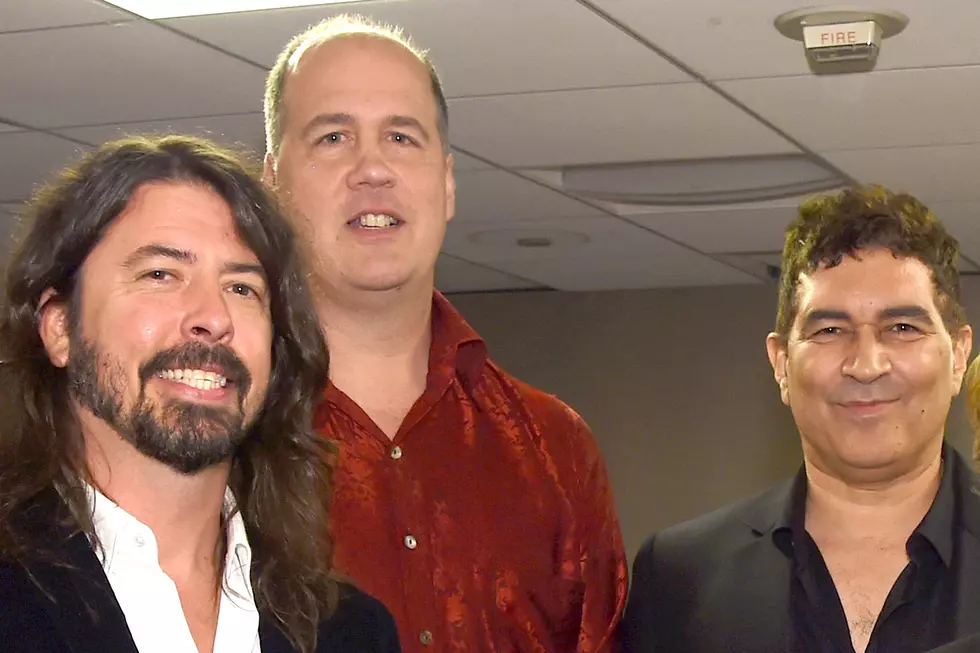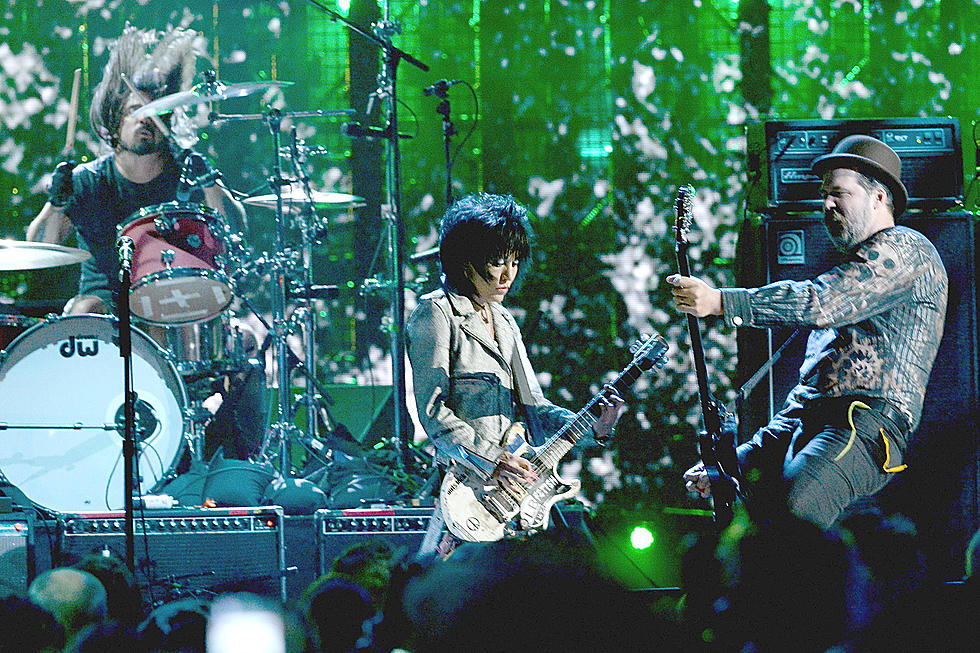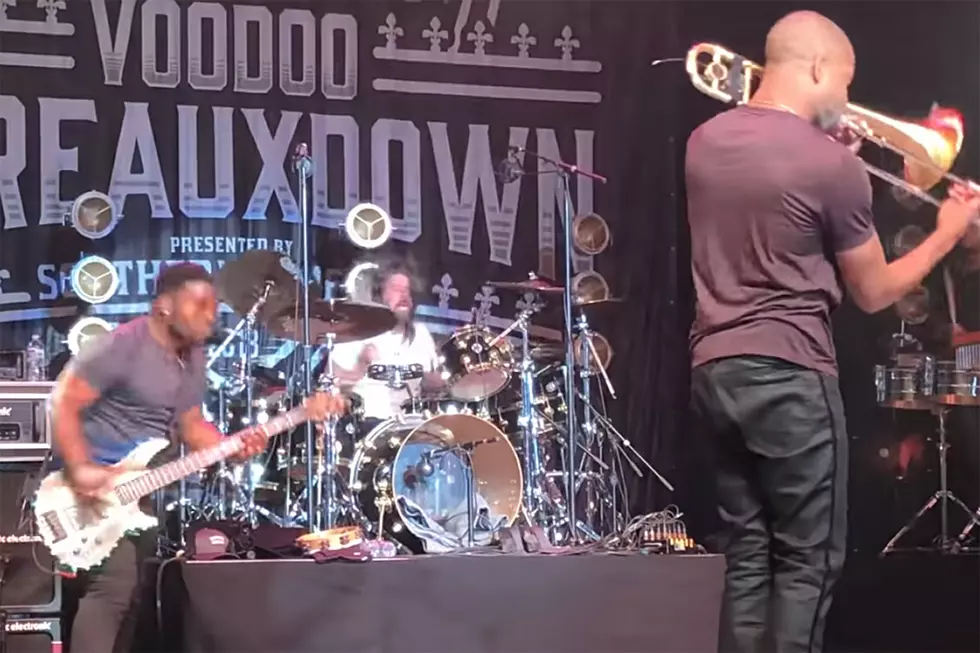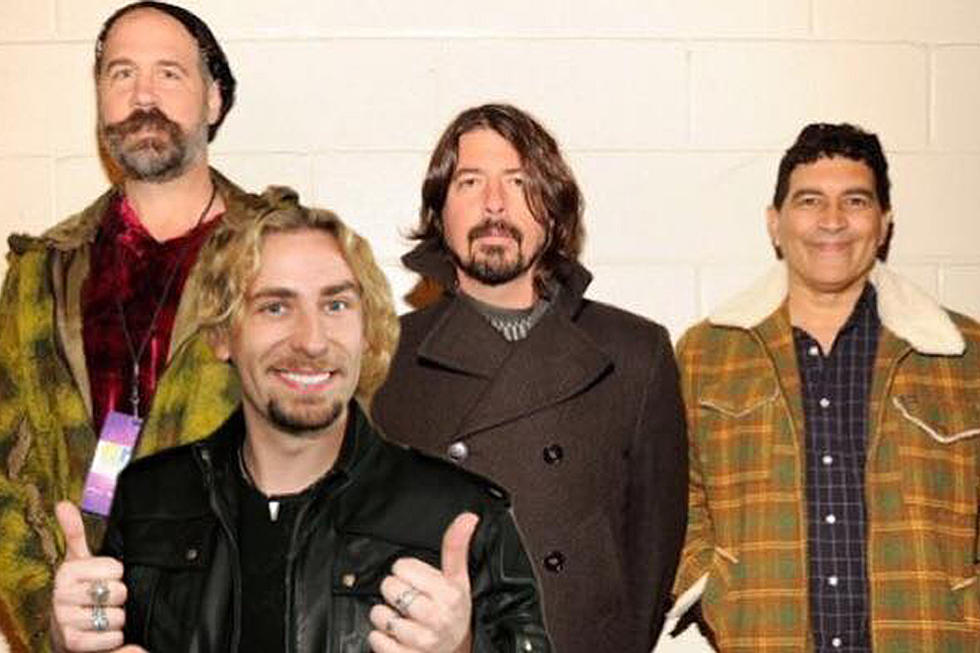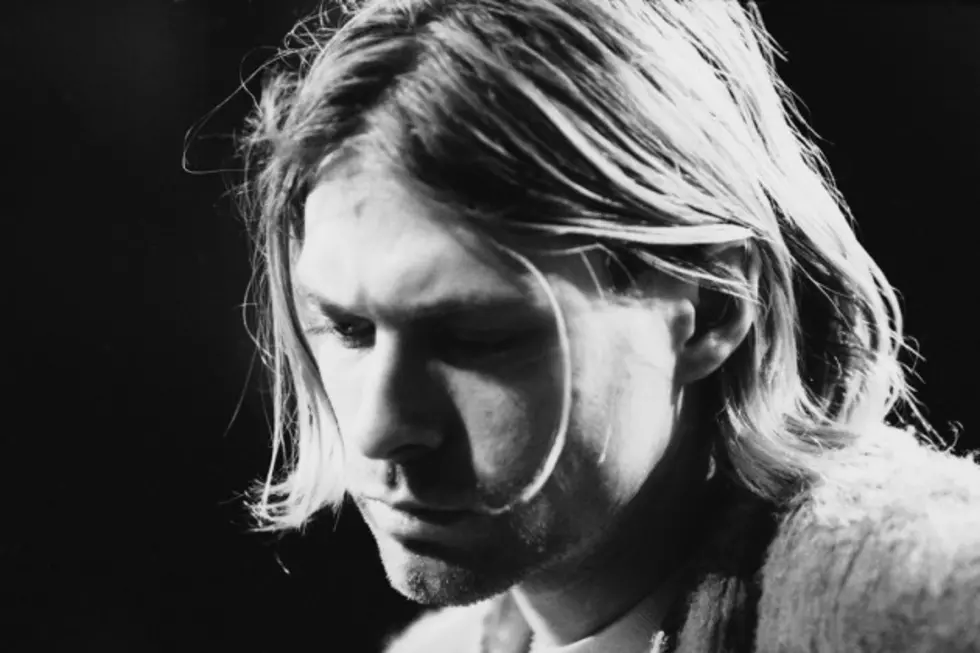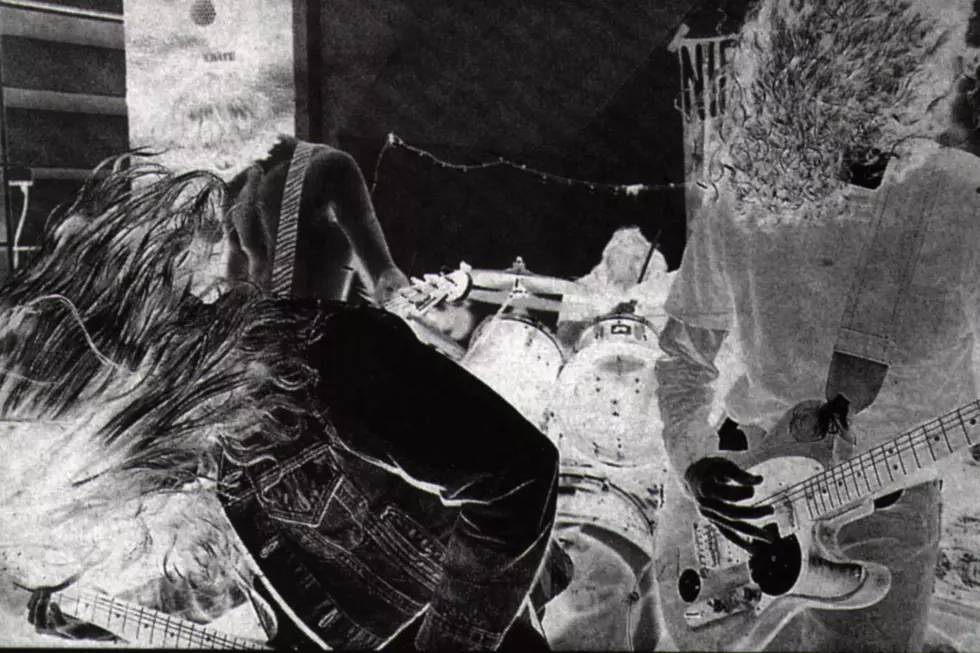
Nirvana, Not Fully Assembled Yet: Revisiting ‘Bleach’
Back on June 15, 1989, Nirvana were just another band on the local Seattle scene. They had their local fans, of course, but when Bleach dropped that day the world didn't really notice. It was just another drop in the bottomless bucket of new music.
Bleach might be Nirvana's first album, but it marked neither the band's nor Kurt Cobain's first commercial release: Sub Pop released the single "Love Buzz" in November 1988, followed by the inclusion of "Spank Thru" on the Sup Pop 200 compilation a month later.
Nor was Bleach the end of the band's indie recording career. Previously, Cobain had tried unsuccessfully to get K Records owner Calvin Johnson interested in Nirvana, but with "Love Buzz" he finally got Johnson's attention. Johnson gave Nirvana's single its very first review in his zine, sand, after which he invited Cobain up to Olympia to record with his band, the Go Team. The result was "Bikini Twilight," which showed up on the B-side of the Go Team's July '89 single, "Scratch It Out." Cobain plays guitar on the cut.
In August 1989 the band contributed the track "Mexican Seafood" to the C/Z Records compilation Teriyaki Asthma, Vol. 1. The track later showed up again on the 1992 compilation Insecticide:
One shouldn't read too much into Nirvana's non-Sub Pop dalliances; after all, for an indie band, any opportunity to release a record is a welcome one. Additionally, Cobain was a fan of K Records. While Sub Pop 200 was being readied for release, he wrote a fan letter to Mark Lanegan in which he spoke highly of the Screaming Trees singer's collaboration with Beat Happening (Calvin Johnson's main band).
However, along with pitching a collaboration with Lanegan, Cobain noted in the letter his concerns that Sub Pop's financial problems were going to impact Bleach. It seems that even before Nirvana's debut album was released, Cobain was looking for change. Between the label's capital issues and Cobain's flagging confidence in Sub Pop, the album appeared to be headed for a stillborn delivery.
There was plenty of change in Nirvana leading up to Bleach. In the year prior to the album, Cobain and Krist Novoselic decided to add another guitarist to the mix, recruiting Ben Shepherd. It was a strange addition. Shepherd says in Dave Thompson's Never Fade Away, "I didn't play at all. I was going [on tour] more as a personality check or something. It was more like I just hung out with the band, someone to have along to relieve the band tension. ... The whole time I was telling them no way, you don't even need an extra guy."
Shepherd left Nirvana and joined Soundgarden after their Louder Than Love tour. Soundgarden's bassist, Jason Everman, became Nirvana's new guitarist. Everman stayed with the band for nine months; in fact, he's one of the two figures on Bleach's album cover photo, taken by Cobain's girlfriend, Tracy Marander.
The front sleeve is Everman's only appearance on the album. He's credited as a guitarist, but Bleach's six-string onslaught is all Cobain.
Although the guitarist's musicianship may not have shaped the album, Everman's contribution to Bleach was essential. Producer Jack Endino charged the band $606.17 for his services, and Everman ponied up the cash.
There was turnover on the drum kit, too. The album features two separate drummers, Dale Crover and Chad Channing. In Kurt Cobain: Journals, one can read a handwritten letter from Cobain to Crover dated May 24, 1988 and signed "Kurt" and "Chris." Cobain focuses on Crover's inability to regularly attend practice, and then he drops the hammer.
"Instead of lying to you by saying we're breaking up or letting this go any further we have to admit that we've got another drummer," he wrote. "His name is Chad, he's from Tacoma and he can make it to practice to every night. Most importantly, we can relate to him. Let's face it, you are from a totally different culture."
During Crover's tenure, Nirvana managed a 1988 recording session. Three of the tracks from that early session made it onto Bleach: "Floyd the Barber," "Paper Cuts" and the CD bonus cut, "Downer."
"Downer" later showed up on Insecticide. Beginning in 1992, the track was added to all editions of Bleach, making it a sure landmark for collectors looking for early copies.
As for Chad Channing, his tenure with the band lasted for nearly another year after Bleach's release. In April 1990 he split over the oft-cited creative differences — a split that was labeled a mutual decision. Much like Crover's overlap onto Bleach, one Channing-era cut made its way onto Nevermind: the classic "Polly."
And speaking of Nirvana classics, Bleach has one to its credit. "About a Girl" hinted at the songwriting skills that just a couple of short years later would have critics comparing him to John Lennon. In a January 1994 interview with Rolling Stone's David Fricke, Cobain explained, "Even to put 'About a Girl' on Bleach was a risk. I was heavily into pop, I really liked R.E.M., and I was into all kinds of old '60s stuff. But there was a lot of pressure within that social scene, the underground — like the kind of thing you get in high school. And to put a jangly R.E.M. type of pop song on a grunge record, in that scene, was risky."
Even with Sub Pop's financial issues, Bleach managed to sell 40,000 copies — a respectable number for an indie record — but Cobain felt that the label should have done more to support the record, and the band started shopping for other labels. Sub Pop heads Jonathan Poneman and Bruce Pavitt heard rumors that the band were looking to jump ship, but Cobain refused to answer their calls for weeks. Inevitably he left it up to bandmate Novoselic to break the news. "I can think of very few things that have happened ... that have hurt my feelings more," Pavitt says in Never Fade Away.
What happened next is well known: Nirvana moved to Geffen's DGC Records, released Nevermind and took over the world. Through a joint deal with Sub Pop in 1992, Geffen re-released Bleach. Nirvana wasn't just another band on the local scene anymore: With the wind at their backs and Geffen's massive distribution network behind it, Bleach sold 1.7 million copies the second time around.
Worst to First: Every Nirvana Album Ranked
More From Diffuser.fm


